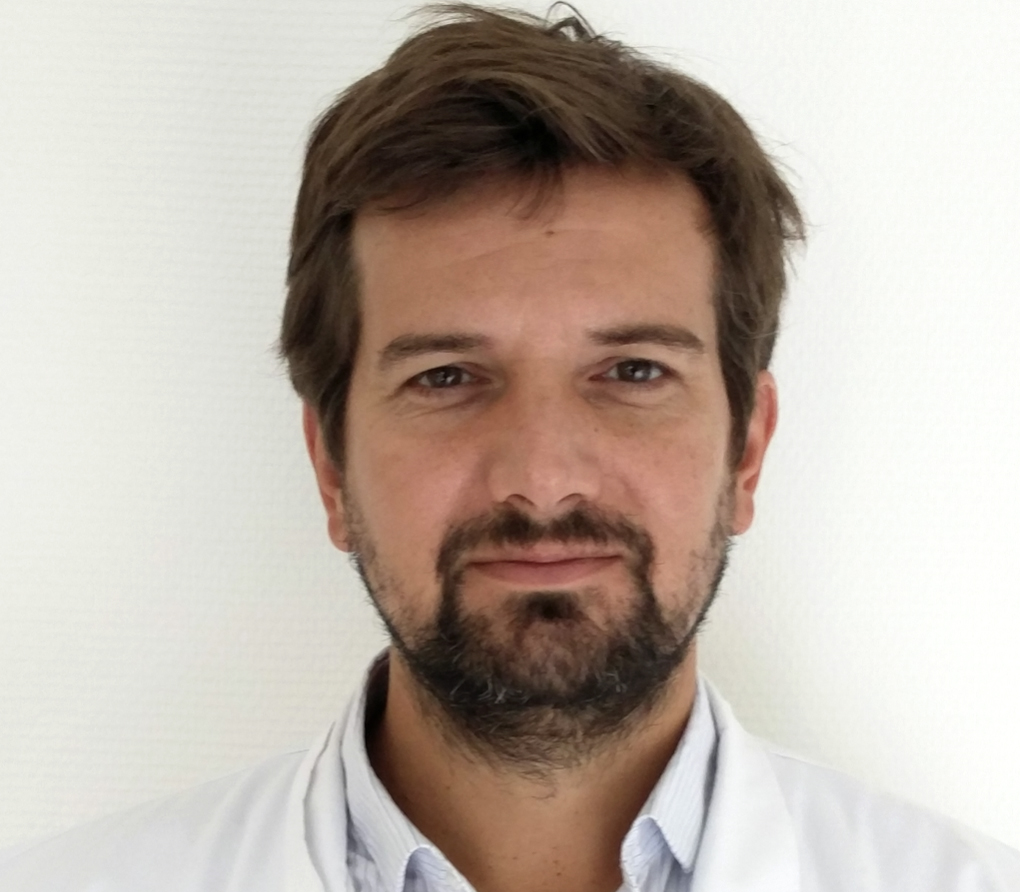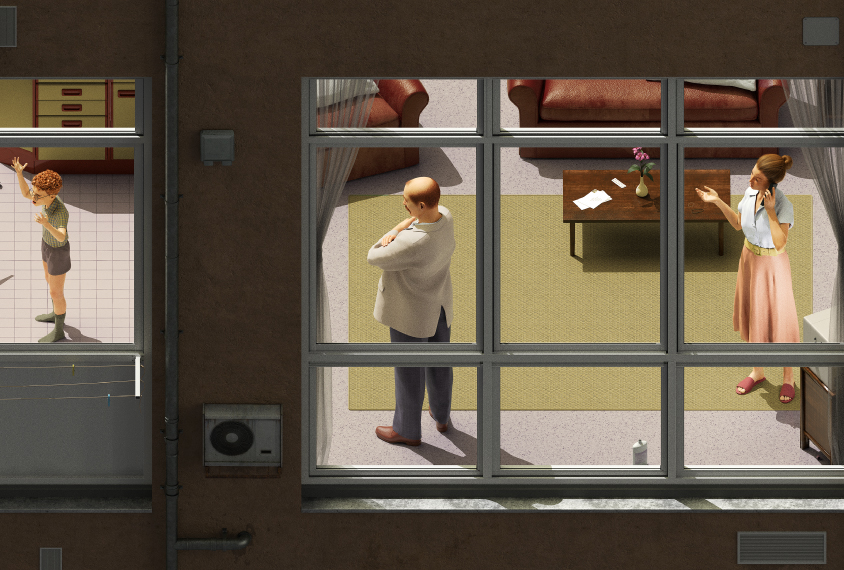Richard Delorme is head of the Center of Excellence for Autism Spectrum Disorders and Neurodevelopmental Disorders (InovAND) and head of the Department of Child and Adolescent Psychiatry at the Robert Debré Hospital, both in Paris, France. He has a broad background in child psychiatry and genetics, with expertise in the identification of biomarkers in rare diseases associated with autism. He is also a researcher at the Human Genetics and Cognitive Functions Laboratory at the Institut Pasteur, in Paris. In recent years, he has been involved in several research programs, brain imaging studies and IPSC-based drug screening technology. He is an author on more than 100 publications.

Richard Delorme
Head
Center of Excellence for Autism Spectrum Disorders and Neurodevelopmental Disorders
From this contributor
Coronavirus tool kit may aid families with autistic children during lockdown
To help families cope with the sudden loss of professional support during the pandemic, one team in France has created a set of resources and information.

Coronavirus tool kit may aid families with autistic children during lockdown
Explore more from The Transmitter
Neuro’s ark: Spying on the secret sensory world of ticks
Carola Städele, a self-proclaimed “tick magnet,” studies the arachnids’ sensory neurobiology—in other words, how these tiny parasites zero in on their next meal.

Neuro’s ark: Spying on the secret sensory world of ticks
Carola Städele, a self-proclaimed “tick magnet,” studies the arachnids’ sensory neurobiology—in other words, how these tiny parasites zero in on their next meal.
Autism in old age, and more
Here is a roundup of autism-related news and research spotted around the web for the week of 2 March.

Autism in old age, and more
Here is a roundup of autism-related news and research spotted around the web for the week of 2 March.
Lack of reviewers threatens robustness of neuroscience literature
Simple math suggests that small groups of scientists can significantly bias peer review.

Lack of reviewers threatens robustness of neuroscience literature
Simple math suggests that small groups of scientists can significantly bias peer review.